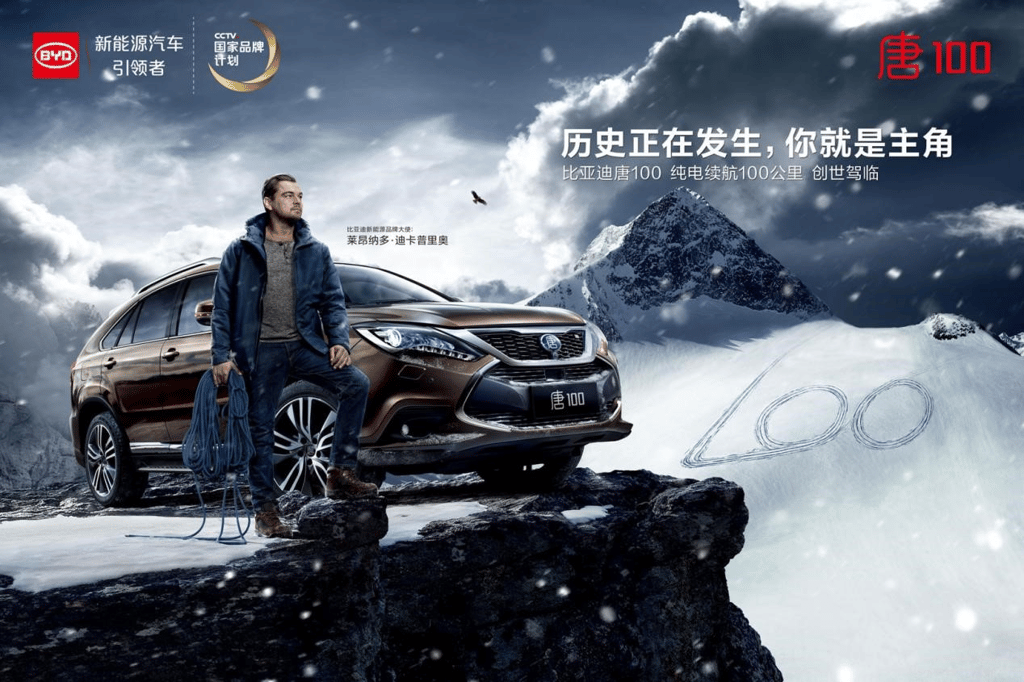Advertisement
Here are the six biggest rivals to Tesla in China
Do BYD, BAIC, SAIC and Nio sound like alphabet soup? Not in China, where these companies have dominated the world’s largest electric car market
Reading Time:4 minutes
Why you can trust SCMP
Production of the Model 3 at Tesla’s Gigafactory 3 in Shanghai is scheduled to kick off next month. As the most prestigious name in the electric car business, Tesla has big plans for China, but it’s predicated on the company’s ability to fend off a slew of Chinese challengers in this space, including the world’s top-selling electric vehicle company.
There are already a slew of homegrown competitors in China, where Tesla has averaged about US$2 billion in revenue per year for the last three years. That makes China the second most important market for Tesla (after the US), but it’s also the biggest electric vehicle market in the world. Last year, 1.25 million EVs were sold in China.
But just what are all these Chinese alternatives to Tesla? China currently has more than 100 EV makers, but some are much bigger than others. Here are China’s six biggest EV makers that you should know.
BYD
By a margin of about 2,300 units, Shenzhen-based BYD edged out Tesla as the top EV maker in 2018, selling 247,811 vehicles. The Hong Kong-listed company backed by Warren Buffet is also the world’s biggest manufacturer of electric buses. This year, BYD is looking to sell more EVs than fossil-fuel cars.
Advertisement
Unlike Tesla, BYD was already an established fossil-fuel vehicle company before going electric. But before that, the company started as a manufacturer of rechargeable batteries, becoming one of the largest manufacturers of cell phone batteries in the world. The company remains one of the world’s biggest battery makers to this day.

Advertisement
BYD’s lineup of EVs ranges from highly affordable to mid-tier, although the company is looking to make luxury vehicles down the road. Over the years, BYD has become a household name in China even though the name was reportedly a meaningless string of letters designed to appear at the top of the phonebook. Now the company says it stands for ‘Build Your Dreams.’
Advertisement
Select Voice
Choose your listening speed
Get through articles 2x faster
1.25x
250 WPM
Slow
Average
Fast
1.25x